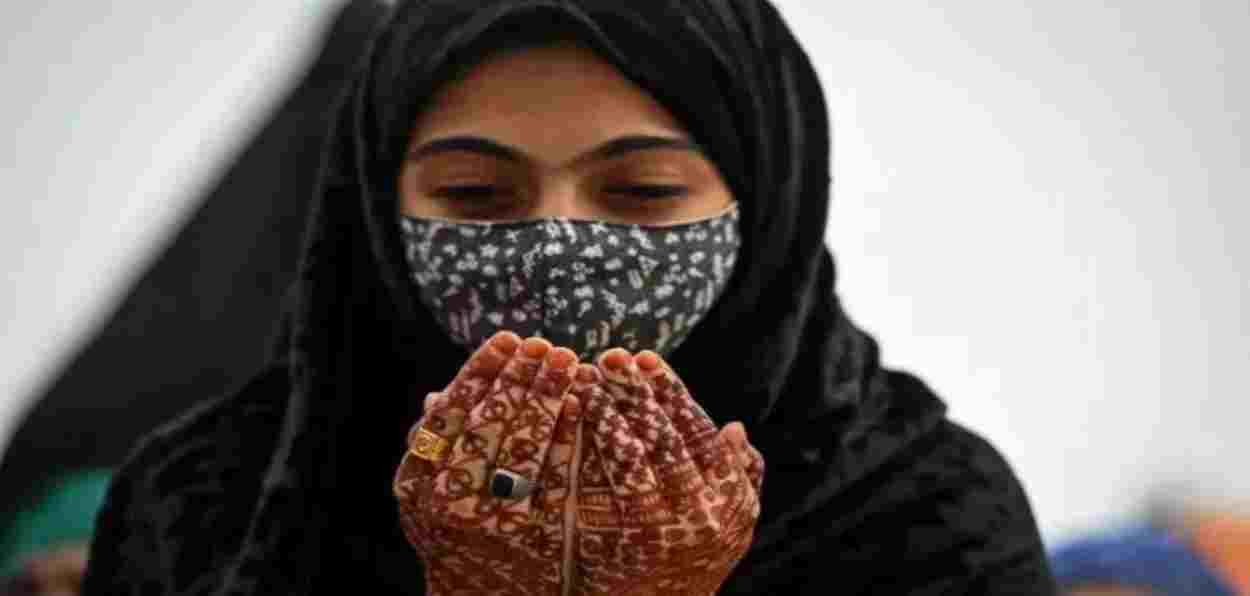
Shariah, often misunderstood or misrepresented in popular discourse, plays a crucial role in guiding the lives of Muslim girls and women around the world. Far from being a rigid set of rules, Shariah encompasses a comprehensive ethical framework that governs various aspects of life, including personal conduct, family relationships, business dealings, and community welfare. It is rooted in the Quran, the holy book of Islam, and the teachings of Prophet Muhammad (peace be upon him), offering principles designed to promote justice, equality, and spiritual growth.
Core Principles of Shariah
At its core, Shariah emphasizes five key objectives: the protection of life, intellect, lineage, property, and religion. These objectives form the basis for laws and guidelines that address both individual conduct and societal welfare. For girls and women, Shariah provides a framework that encourages personal development, social responsibility, and adherence to moral values.
Empowerment through Education and Knowledge
Contrary to common misconceptions, Shariah encourages education for both genders. The Prophet Muhammad himself placed a strong emphasis on seeking knowledge, declaring it obligatory for every Muslim, regardless of gender. This principle underscores the importance of girls’ education within Islamic teachings, promoting intellectual empowerment and the ability to contribute meaningfully to society.
Women’s Rights and Responsibilities
Shariah recognizes and protects the rights of women, including the right to education, work, own property, and participate in public life. These rights are anchored in Islamic teachings and serve to uphold women’s dignity and autonomy. Alongside rights, Shariah also outlines responsibilities, emphasizing the importance of maintaining family ties, nurturing children, and contributing positively to the community.
Modesty and Dress Code
One aspect often associated with Shariah is the concept of modesty in dress. While interpretations may vary, modesty in attire is rooted in the Quranic injunction to both men and women to dress in a manner that reflects decency and respect. For girls, this translates into attire that covers the body modestly, reflecting a commitment to humility and self-respect.
Marriage and Family Life
Shariah provides guidelines for marriage, emphasizing mutual consent, respect, and equality between spouses. It prohibits forced marriages and promotes the concept of a marital contract that safeguards the rights of both partners. Additionally, Shariah offers principles for family life, encouraging love, compassion, and mutual support within households.
Challenges and Misconceptions
Despite its principles of justice and equality, Shariah faces challenges in modern times, often due to misinterpretations or cultural practices that deviate from its true teachings. Misconceptions about Shariah’s treatment of women persist, overshadowing its emphasis on empowerment and protection of rights.
Conclusion
In conclusion, Shariah for girls offers a framework that promotes empowerment, education, and respect for human dignity. It provides guidelines for personal conduct, family relationships, and community engagement, rooted in principles of justice and compassion. By understanding and embracing Shariah within its true context, girls can navigate life’s challenges while upholding their faith and contributing positively to society.
This article aims to provide a balanced and informative overview of Shariah principles as they relate to girls and women, focusing on empowerment, rights, and responsibilities within Islamic teachings.







